Race Day Live Donald Trump’s recent choice for Social Security commissioner has sparked widespread discussion. His pick, Frank Bisignano, is the CEO of the financial technology company Fiserv.
If confirmed, this would be Bisignano’s first time working in public service. While some experts are optimistic about his private-sector experience, others are concerned about his lack of background in public policy and social programs.
At 65, Bisignano brings a strong business resume to the table. Born and raised in Brooklyn, New York, he earned a finance degree and worked for major companies like Citigroup and JPMorgan Chase.
He later led First Data Corp before becoming the CEO of Fiserv. Under his leadership, Fiserv achieved significant growth and played a big role in advancing payment systems like Zelle and Clover.
Supporters of Bisignano see his experience as a major asset. They argue that his ability to manage large organizations and drive technological improvements could help modernize the Social Security Administration (SSA).
Devin Carroll, a Texas-based financial advisor, believes Bisignano could bring much-needed private-sector efficiency to the SSA, which some critics describe as slow and outdated.
However, not everyone is convinced. Martha Shedden, president of the National Association of Registered Social Security Analysts, worries about Bisignano’s ability to understand the needs of retirees.
She points out that his career has focused on profits and business growth, not public service. She also fears his wealth may prevent him from fully appreciating the financial struggles of retirees living on fixed incomes.
Another concern is how Bisignano might handle the Social Security trust funds. Currently, these funds are invested in safe government-backed Treasury bonds, which provide stable but low returns. Some experts, like James Mohs from the University of New Haven, believe there’s room to explore other low-risk investments that could yield higher returns.
But Shedden and others warn that moving away from government securities could expose the funds to unnecessary risk.
The future of Social Security remains uncertain, with the trust funds expected to run out by 2035 if no reforms are made. When that happens, the system will only be able to pay 83% of scheduled benefits.
Addressing this shortfall will require significant changes, such as increasing payroll taxes or raising the retirement age. However, these decisions are the responsibility of Congress, not the commissioner.
Bisignano has stated he does not intend to cut benefits for Americans. Instead, many expect his focus to be on improving the SSA’s systems and processes. One area where he could make a difference is technology.
Experts agree that the SSA’s outdated systems could benefit from modernization, making it easier for employees to do their jobs and for beneficiaries to access services.
Read More:
- Nine States to Tax Social Security Benefits in 2025: Strategies for Retirees to Minimize Taxes!
- Dave Ramsey’s Advice on Social Security: Why He Recommends Taking Benefits Early? Even If the Fund Is at Risk!
Despite the mixed opinions, Bisignano’s nomination reflects Trump’s unconventional approach to governance. Unlike previous commissioners who came from government backgrounds, Bisignano represents a departure from tradition.
Supporters hope his business acumen will bring fresh ideas, while critics worry about the potential risks of such a significant change.
In the end, the success of Bisignano’s tenure will depend on how well he balances innovation with the need to protect Social Security’s core mission. For now, his appointment raises both hopes and questions about the future of one of the country’s most important social programs
Disclaimer- Our team has thoroughly fact-checked this article to ensure its accuracy and maintain its credibility. We are committed to providing honest and reliable content for our readers.


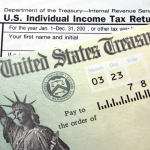
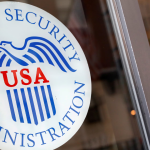

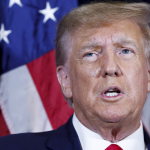


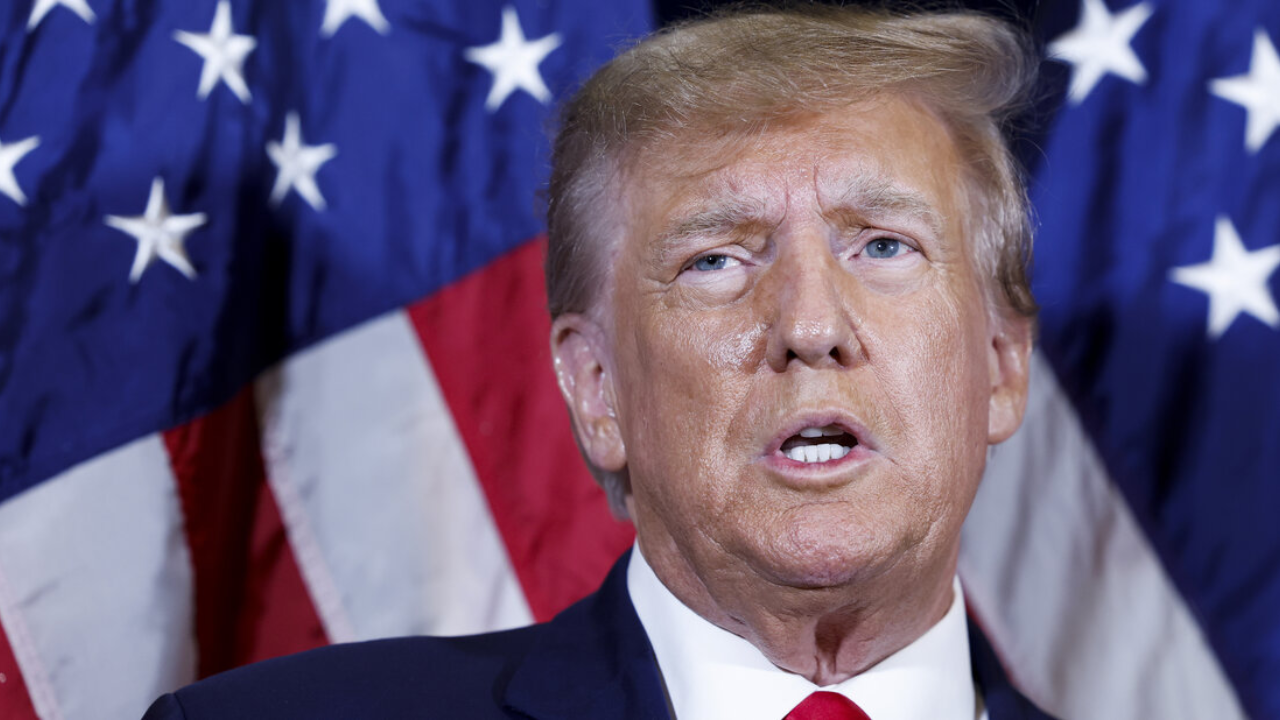
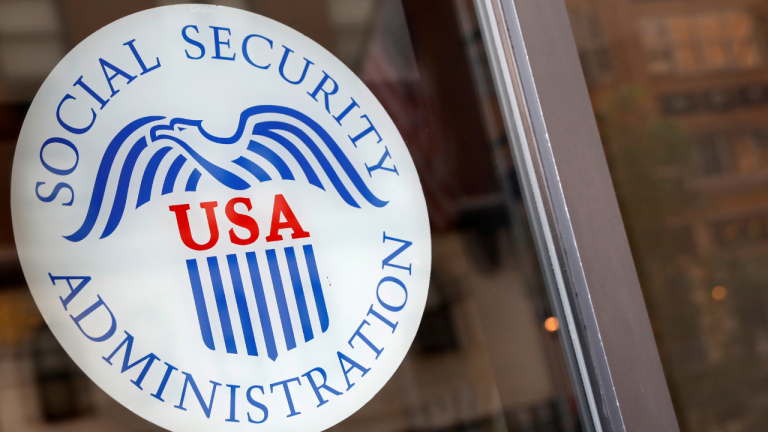



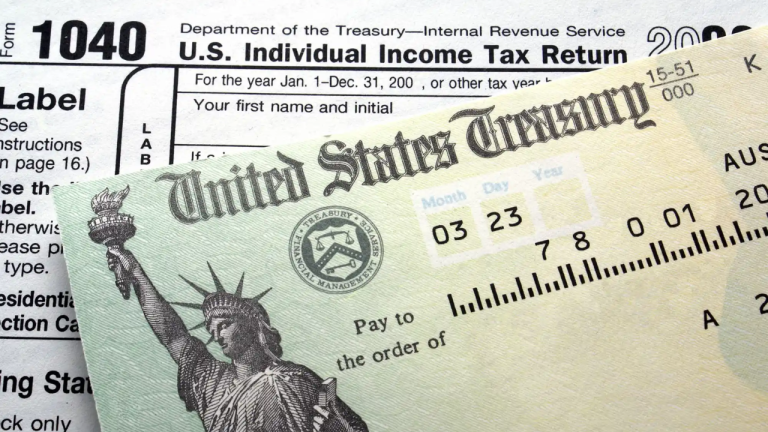


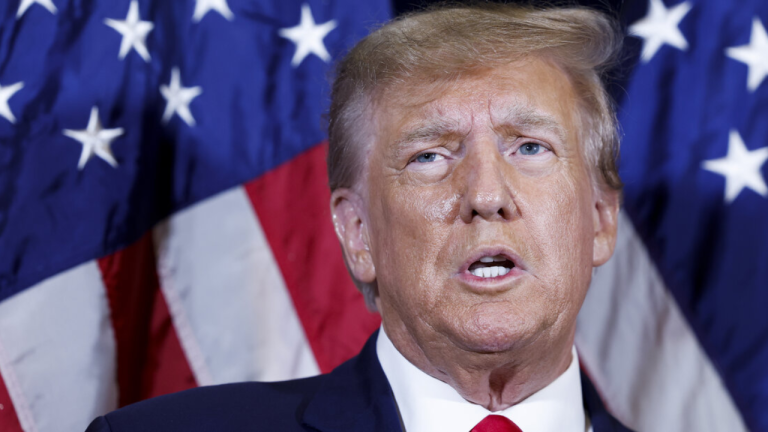





+ There are no comments
Add yours